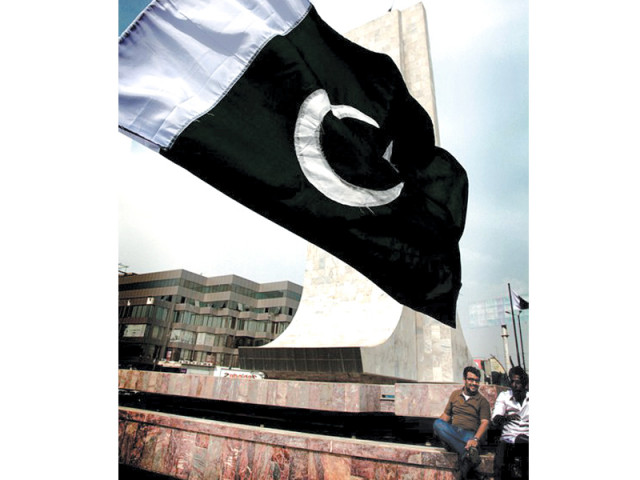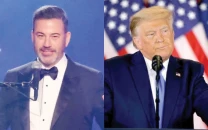Social behaviour: Growing intolerance
Intolerance is pretty much rooted in our social behaviour, actions and treatment.

These incidents raise questions about tolerance in society, which is fast disappearing. But let’s take a step back and examine how we treat minorities and other faiths/disciplines in our society.
Stereotyping
When I was young, I used to hear the word ‘choora’ or ‘dirty’ for minority faith sewage workers and cleaning staff. This immediately stereotypes the community and sets prejudices in the minds of young children. It also prepares the grounds for communities to feel insecure and vulnerable to the onslaught of the majority in our society.
Unfortunately, this stereotyping comes both from our elders as well as the younger members in our society. Most places where this takes place are our homes, where family members are comfortable talking about it. In schools, groups of young kids discuss these stereotypes and often use them for bullying.
Behaviour
The names and terms are just reflective of our perception and behaviour towards minorities. Just look into any household and our general practice would be to differentiate between ‘us’ and ‘them’. One example is our treatment of our house-help. For most, the house-help eats in separate utensils, their glass is separated from the main household utensils just because they are non-Muslim.
It is always convenient to dislike someone which is not considered one of us or a part of the ‘majority’. Much has been spoken about the dilemma of Pakistan’s only Nobel Laureate — Dr Abdus Salam — whose achievements and accolades have been sidelined because of him being an Ahmadi — an offshoot sect of Islam followers of which have been declared non-Muslims by the state.
If, as collective social responsibility, we start today to eliminate stereotyping based on caste and creed, make small changes in our behaviour to give empowerment to minorities and blur the very definition of the term, a lot of issues related to intolerance and unjust practices can be impacted. At present, we are ready to wipe out someone’s achievements that can be celebrated globally, assume a minor an offender because she is Christian and shoot people because they belong to a certain sect. Apart from the fascist elements that exist, a lot can be done at our end to make our society a more tolerant one.
KarachiKhatmal is a Twitter handle that is quite popular for its witty tweets. Ahmer Naqvi, who has studied film-making and now resides in the UK, explains why he chose this name for his social media page:
I think people, all over the world give lazy names and stereotypes because it is easier for the brain to sort out information that way. You will see that every human society has such terms. And these terms are words. A word has no meaning beyond the one which everyone agrees, or understands, that it does.
For example, if you and I decide a secret code, so that every time someone says day it means night, then a sentence “you should come at day time” would mean something completely different for us. Words, therefore, have meanings according to what the speaker defines and their definition is based on their intentions.
This is where the question of nicknames becomes interesting. Using certain words has certain intentions. Terms like khatmal or bunya or choora are used in a derogatory way for different minorities by the majority. For the minority, it is very difficult to change what the majority decides. But one possible way is to start changing the meaning of what that term is supposed to be.
I didn’t choose my handle because of all these reasons — rather once I had chosen this name (which I originally came up with for my blog, well before Twitter) I then wondered what the reasons were. So why did I choose this name? Because I had experienced people trying to make fun of me using this term. And I had seen people doing it while pretending that they were only joking. Now, if you get mad at such people, they are more in number and they accuse you of being touchy or defensive. But if you are confident, even take on their nickname, you take away their power. You can now make jokes at them because after all you’ve shown that you are able to laugh at yourself.
In this way, I felt this was something that gave me more pride in my identity. But it also confronted people about their biases about Shias. I don’t think that my choosing this name will end bias. But what it does is that it puts someone’s intention in clearer view. If they use khatmal because they know me and my identity and have come to respect me and what I believe in, it’s not a bad term. If they use it in a derogatory way, I know that they are biased and racist and that they can’t even see who I am as a person.
To put it simply, words can be very painful and hurt a lot, but ultimately the hurt is not caused by the word, but the intention behind it.
Published in The Express Tribune, September 2nd, 2012.



















COMMENTS
Comments are moderated and generally will be posted if they are on-topic and not abusive.
For more information, please see our Comments FAQ